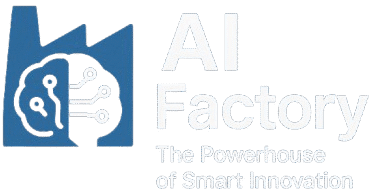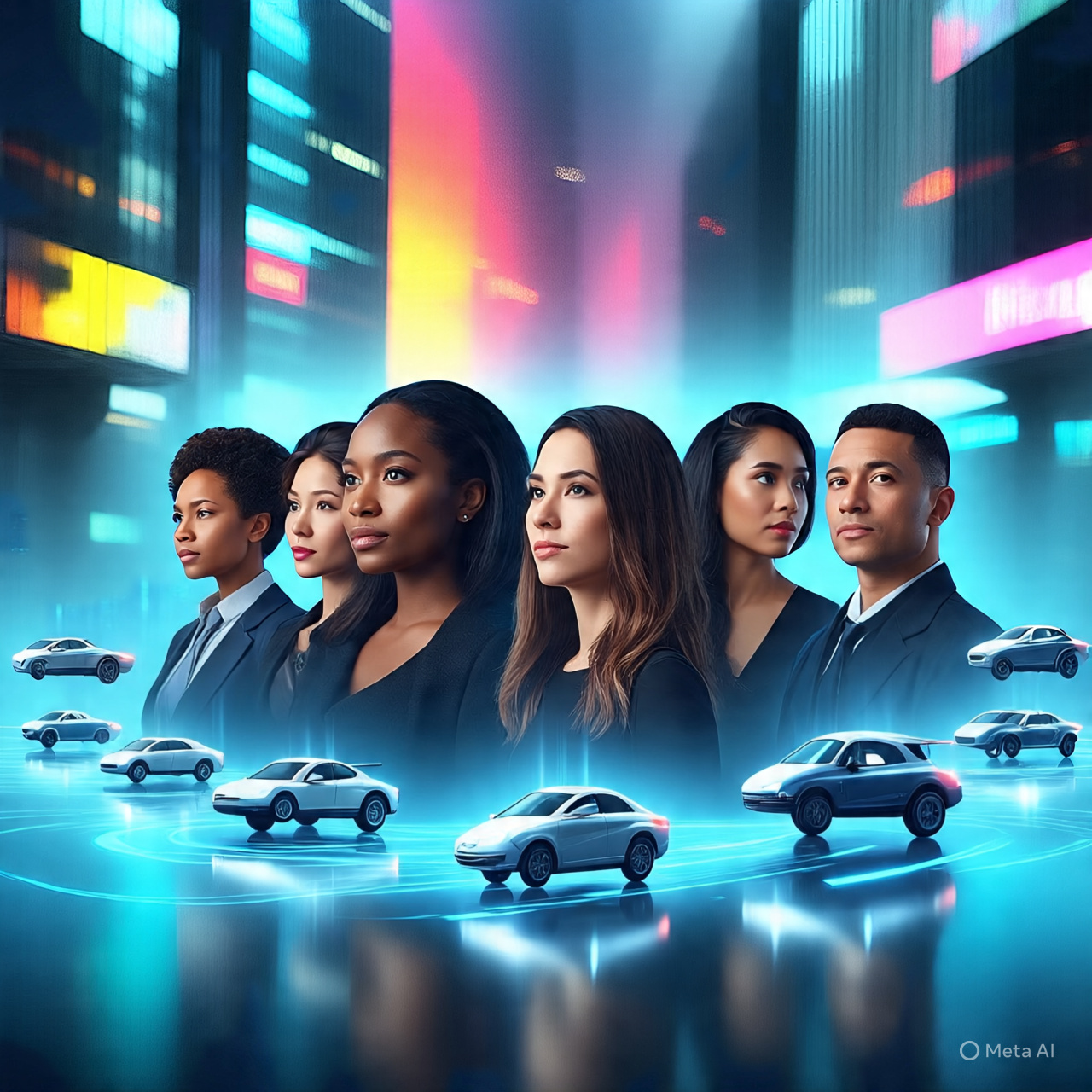Future of AI: Predictions From Top Tech Leaders for 2025 and Beyond
Introduction
The future of AI in 2025 and beyond is no longer a distant concept—it’s unfolding before our eyes. From AI-generated movies to autonomous healthcare, artificial intelligence is accelerating innovation across every industry. But what lies ahead? In this article, we’ve gathered insights and bold predictions from top tech leaders to understand how AI will shape our world in the coming years. Whether you’re a developer, business owner, student, or simply curious, this deep dive into the AI future is your essential guide.
Background: Where We Stand With AI in 2025
AI has evolved from narrow-use cases like chatbots and recommendation engines to full-fledged co-pilots in professional and creative domains. With breakthroughs in generative AI, multimodal models, and robotics, AI now participates in real-time decision-making, content creation, and autonomous system control. Platforms like OpenAI’s ChatGPT, Google’s Gemini, Meta’s Llama, and Anthropic’s Claude are already changing the way we work, learn, and live.
But the story doesn’t stop there. According to tech giants like Elon Musk, Sundar Pichai, Satya Nadella, and Sam Altman, we’re only scratching the surface of AI’s potential. Their predictions offer a glimpse into a transformative decade.
What Tech Leaders Predict for the Future of AI
1. Sam Altman (OpenAI) – AI Will Be a Utility Like Electricity
Altman envisions AI becoming as foundational as electricity. It will be embedded in everything—from toothbrushes to traffic systems—enabling continuous optimization and autonomous function in daily life. “AI will be everywhere and nowhere,” he says.
2. Sundar Pichai (Google) – AI as a Force for Societal Transformation
Pichai believes AI will fundamentally reshape education, climate action, and healthcare. Google’s focus is on responsible AI that augments rather than replaces human intelligence. Tools like Gemini aim to enable AI-assisted scientific discovery.
3. Elon Musk (xAI, Tesla) – The Age of AGI and Ethical Danger
Musk warns about the rapid progression toward Artificial General Intelligence (AGI). While optimistic about AI’s benefits, he stresses the importance of strict ethical controls. His xAI venture focuses on building “truth-seeking” systems.
4. Satya Nadella (Microsoft) – AI as a Human Amplifier
Nadella sees AI as an enabler for every individual to be more productive. Microsoft is investing heavily in Copilot technology—AI assistants that enhance workflows, creativity, and collaboration across all business and educational sectors.
Detailed Comparison: Past AI vs Future AI Predictions
| Aspect | AI in 2020 | AI in 2025 and Beyond |
|---|---|---|
| Capabilities | Limited to NLP and image processing | Multimodal, real-time, autonomous systems |
| Adoption | Tech companies and startups | Widespread across public and private sectors |
| Accessibility | Developers and researchers only | Open to students, artists, businesses, and more |
| Trust & Ethics | Emerging concerns | Central to AI development and regulation |
Key Features and Benefits of AI’s Predicted Future
- Autonomous Decision-Making: AI systems that act independently in real-time environments.
- Generative Creativity: Art, code, video, and content generated on demand with human-like fluency.
- Hyper-Personalization: AI will tailor healthcare, education, entertainment, and even city planning to individual needs.
- AGI Exploration: Research into generalized intelligence that can perform any intellectual task a human can.
- AI Governance: Structured legal and ethical frameworks to guide AI usage responsibly worldwide.
Pros and Cons of the AI Future
Pros
- Efficiency gains across all industries
- New levels of accessibility to complex knowledge
- Faster innovation in science, healthcare, and engineering
- Global problem-solving with climate models and resource planning
Cons
- Bias and misuse of AI outputs
- Job disruption in traditional sectors
- Over-dependence on automated systems
- Potential existential risks from uncontrolled AGI
Use Cases: Who Will Benefit From AI in the Coming Years?
- Healthcare Professionals: AI-assisted diagnostics, robotic surgeries, and personalized medicine.
- Educators: Intelligent tutoring systems and content generation for tailored curriculums.
- Entrepreneurs: AI tools for market research, content marketing, and product design.
- Developers: Code generation, error detection, and AI-based IDE integrations.
- Government & Policy Makers: AI-powered simulations for policy impact assessments and urban planning.
Frequently Asked Questions (FAQs)
1. What is the future of AI according to tech leaders?
Tech leaders predict a future where AI is ubiquitous, ethical, and deeply integrated into every industry, acting as both assistant and decision-maker.
2. Will AI replace human jobs in the future?
While AI may automate certain roles, it is also expected to create new jobs in AI development, oversight, and support. Adaptability and upskilling will be crucial.
3. How close are we to Artificial General Intelligence (AGI)?
Experts are divided, but some believe we may achieve AGI within the next decade. Others advocate for slow, cautious progress due to its risks.
4. How can individuals prepare for an AI-driven future?
By learning about AI tools, developing technical and analytical skills, and staying informed about ethical concerns and policy changes.
5. What role will regulation play in the future of AI?
Regulation will be vital to ensure transparency, fairness, and safety in AI deployment. Many countries are already developing AI-specific laws and frameworks.
Conclusion: A New Era of Intelligence
The future of AI as predicted by leading tech minds points to a transformative shift across all aspects of life. We are entering a time where human potential is amplified by machines—not replaced by them. The focus must be on balance: technological innovation, ethical development, and inclusive access.
Final Verdict: Embrace, Evolve, and Stay Ethical
AI is here to stay, and its future promises both incredible opportunity and significant responsibility. Businesses, individuals, and governments must prepare to evolve alongside these tools. If guided with care, the AI revolution could be the most beneficial technological shift in human history.

